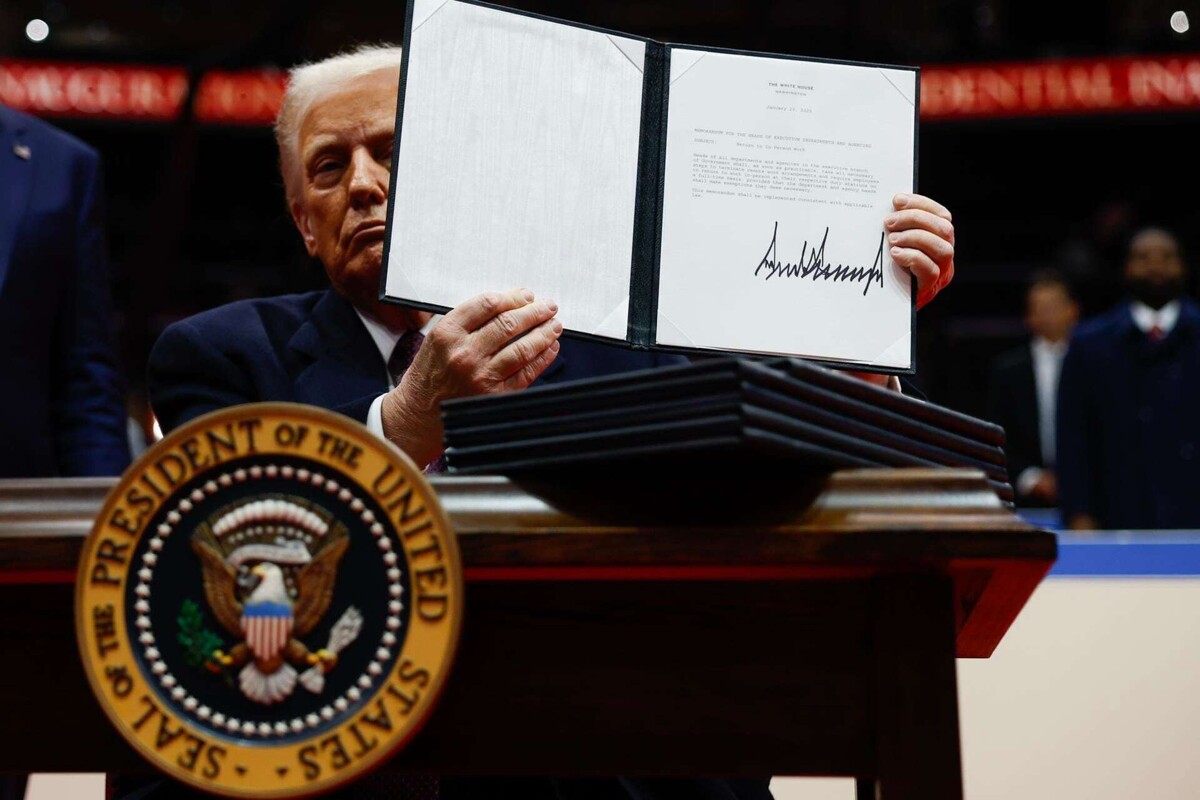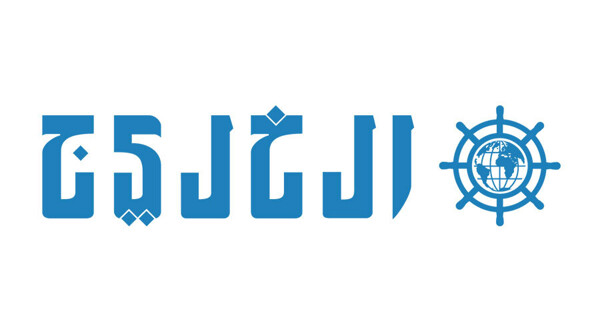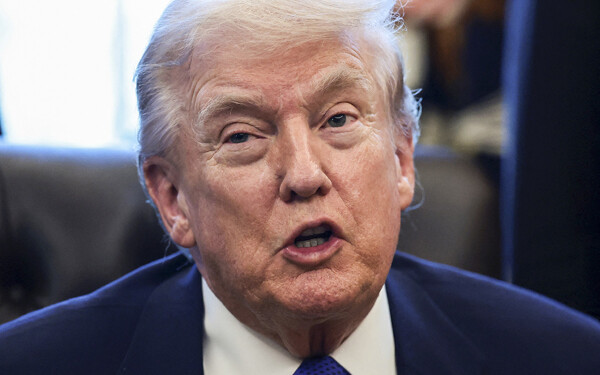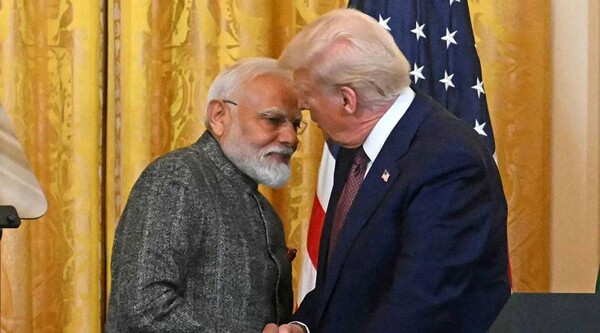
The U.S. President, Donald Trump, signed an executive order on January 20 aiming to classify drug cartels as 'terrorist organizations'. During the signing, Trump mentioned that 'Mexico probably doesn't want that' and stated that this measure is crucial given the serious threat posed by the cartels, responsible for the deaths of hundreds of thousands of Americans annually.
Based on a study by the U.S. Chamber of Commerce, it was reported that 45% of businesses with connections in the U.S. have been extorted. Trump emphasized the urgency to act, mentioning that the cartels have caused the deaths of 300,000 people per year, not just 100, as was previously reported.
This declaration will directly impact organizations such as Mexican cartels, the Tren de Aragua, and Mara Salvatrucha (MS-13), which will be included on a list that prohibits U.S. citizens and companies from providing any type of material support to them. There is a possibility that this designation could lead to more aggressive measures against these groups, even outside U.S. borders.
The Tren de Aragua, previously identified by Trump in his speeches, will be subject to expulsion measures for alleged members by the government. This organization, which originated in a Venezuelan prison and is present in several South American countries, has been previously sanctioned by the Treasury Department under Joe Biden's administration. MS-13, which originated in El Salvador, Honduras, and Guatemala, has also been on the list of sanctioned organizations since 2012.
The inclusion of these groups in the terrorist organization list could have ramifications both for migrants seeking to reach the U.S. and for companies operating in Mexico, experts warn. Organized crime in Mexico has expanded to human trafficking, becoming a lucrative industry for these groups, while extortion of businesses is a common practice in the country.
The designation of the cartels as terrorists responds to a years-long demand and promises to change the dynamic in the fight against these criminal groups, with potentially significant implications not only in security matters but also in economic and migration aspects.















